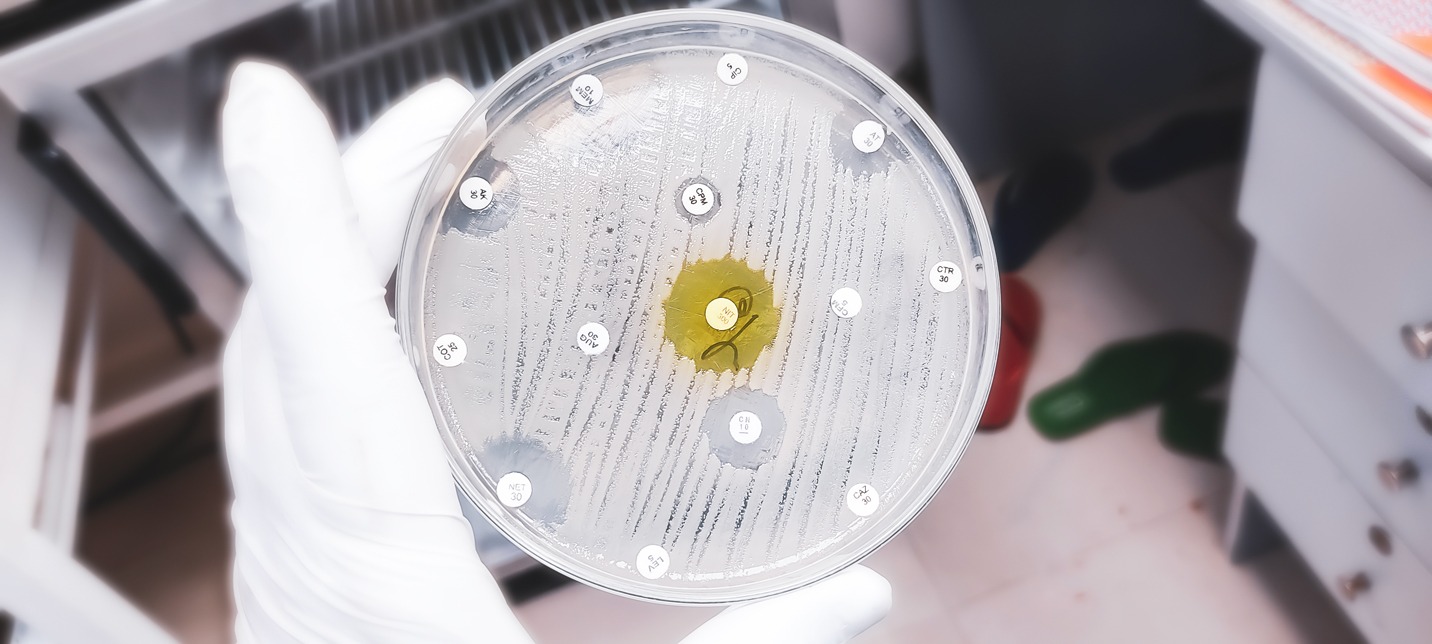Welcome to the AMR Action & Insights Knowledge Hub, where we will offer a comprehensive exploration of antimicrobial resistance (AMR) from multiple perspectives. Our articles will delve into the far-reaching impacts of AMR on human health, animal health, and the environment, highlighting the interconnectedness of these sectors – an approach known as One Health.
Whether you’re a policymaker, healthcare professional, or simply someone interested in learning more, our goal is to equip you with actionable insights and a deeper understanding of the challenges posed by AMR.
Through diverse viewpoints and expert analysis, we aim to foster informed decision-making and inspire collective action to minimise the impact of this major public health threat.
Explore our Knowledge Hub and filter the results according to your needs.
Check back regularly for new articles.
Articles – filter the results according to your needs:
CSIRO experts are using artificial intelligence (AI) in the search for new antibiotics and say it will lead to a better hit rate of successful pharmaceutical candidates.
Contrary to a common belief, antibiotic resistance is not about your body becoming resistant to antibiotics.
Understanding and linking data between animals, humans and the ecosystem.
A comprehensive One Health approach addresses the interconnectedness of human, animal, and environmental health.
Aboriginal and Torres Strait Islander community controlled health organisations take a different approach from the mainstream health system, with impressive results.
AMR occurs when microbes, such as bacteria, viruses, fungi, and parasites evolve to resist the drugs designed to kill them, rendering treatments ineffective.
How to improve communications with the animal industry around antimicrobial stewardship.
Next-gen vaccines targeting bacterial infections will take the pressure off antibiotics.
AI Machine Learning could potentially unblock the antimicrobial drug development pipeline.
Six key ways that Australia can shore up its antimicrobial stewardship, including optimising antimicrobial use and increasing education.
The rise of antimicrobial resistance (AMR) is a growing concern for patients who are immunosuppressed and predisposed to infections.
The push and pull ideas helping to bring new antibiotics to market.

